- AcademicsDegree TypeLocations
- Admissions
- Tuition & Aid
- Student Life
- About UNT
- Research
- Athletics
- Giving
National Security and Economic Strategy Initiative
National Security and Economic Strategy Initiative
NATIONAL SECURITY AND ECONOMIC STRATEGY INITIATIVE
Upcoming Events
- CEO Roundtable: Part 1 Spring 2026
- 250th Anniversary of our Nation Celebration
National Security Summit & Medal of Honor VIP Reception Spring 2026 - U.S. Capitol Space Innovation Summit July 2026
- CEO Roundtable: Part 2 Fall 2026
- National Security & Economic Strategy Summit Fall 2026
Previous Events
The University of North Texas launched its National Security and Economic Strategy Initiative in 2025 to help address increasingly complex challenges at the intersection of national security, economic competitiveness, and global supply chain resilience. The initiative brings together experts across sectors to conduct forward-looking research, inform policy, and foster innovation that strengthens both national defense and economic leadership.
A Presidential Advisory Council, chaired by former Secretary of the Navy Gordon England, provides strategic oversight and guidance. Its leaders bring decades of experience in defense, government, industry, and public service.
The President’s Advisory Council is charged with sharing insights and expertise as the university builds its program and solidifies its expertise in these critical areas. Council members’ insights will be instrumental in helping UNT achieve the desired level of success in creating a program that sets UNT apart from other national security programs.
The program will be designed to feature three distinct parts – a curriculum for senior level students, lectures and seminars for executive education, and an annual one-day, invitation-only summit featuring distinguished expert panelists.
Council members include:
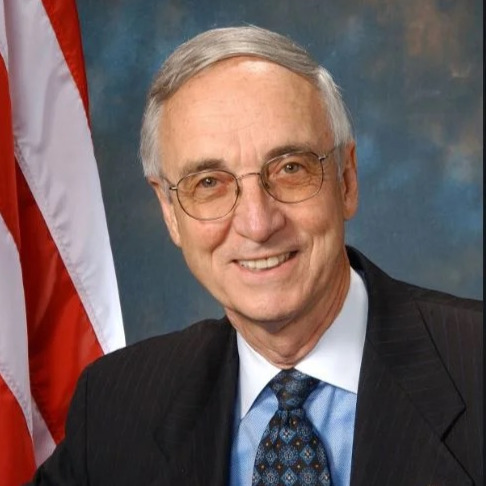
Honorable Gordon England
Former Sec Nav, Deputy Secretary of Defense,
Deputy Secretary of Homeland Security, and President of Lockheed Aeronautical Systems Company
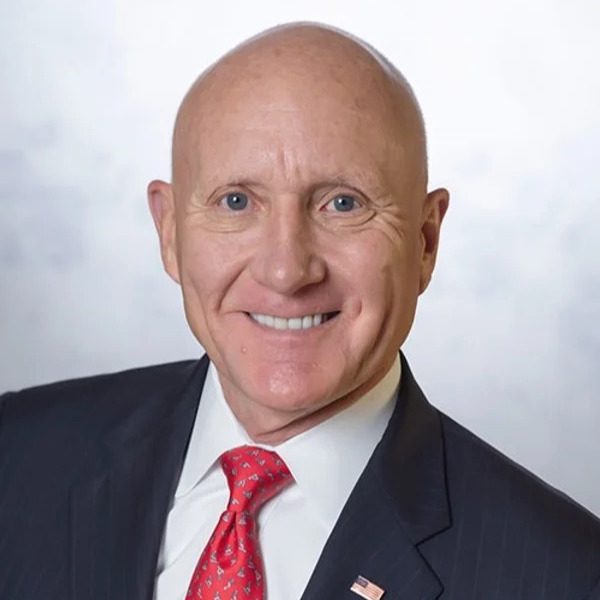
Darcy Anderson
Vice Chairman of Hillwood
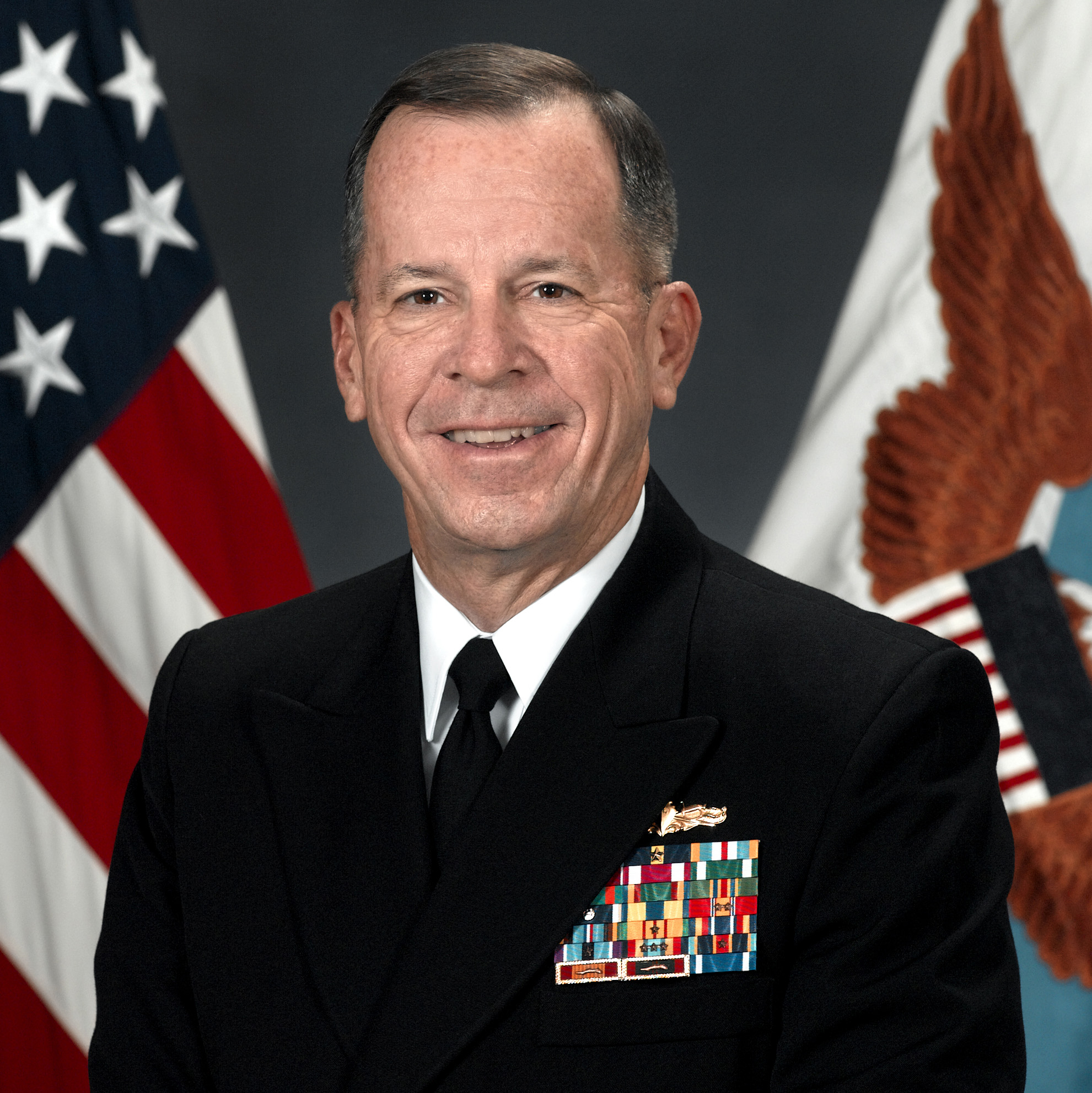
Admiral Michael Mullen
USN, Ret.
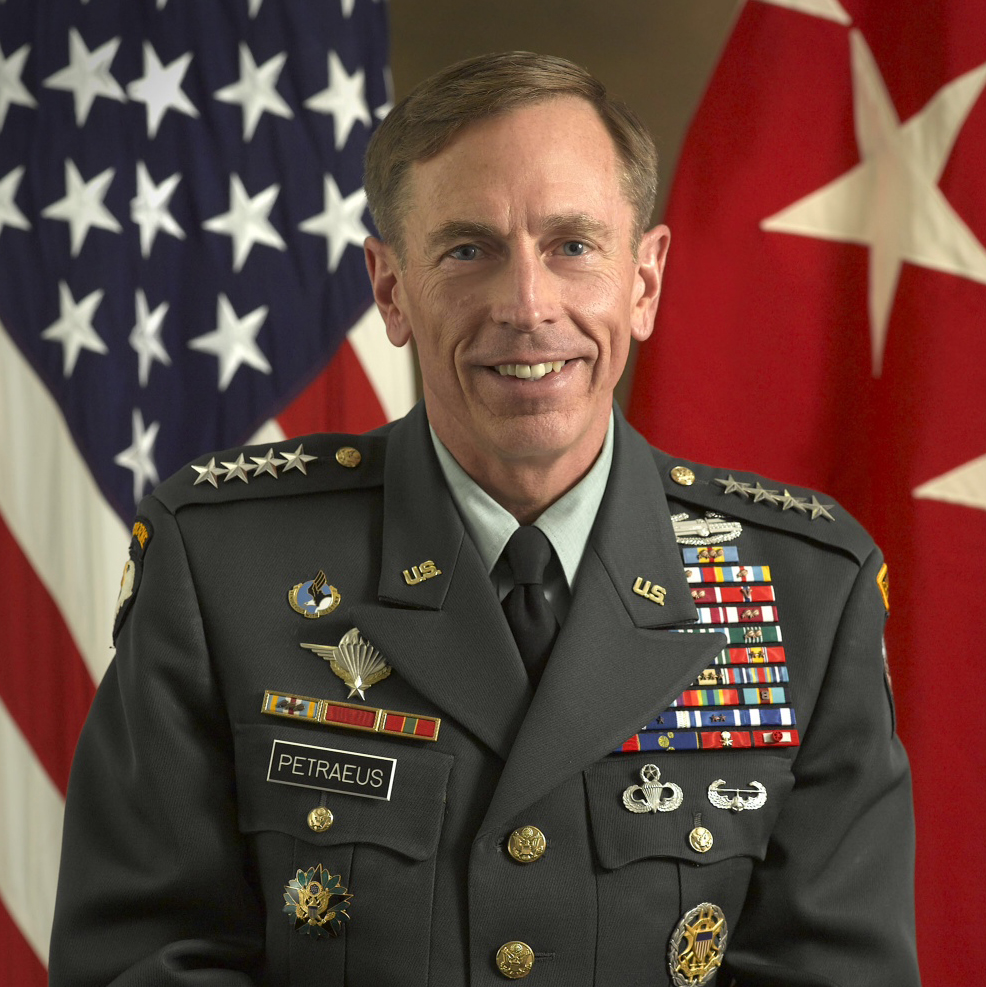
General David H. Petraeus
USA, Ret.
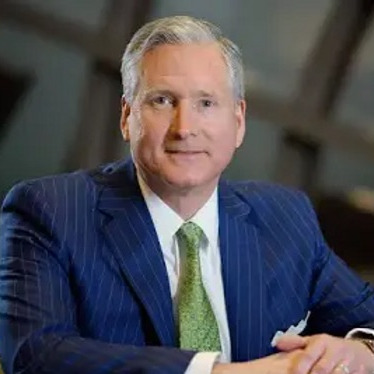
G. Brint Ryan
CEO of Ryan LLC
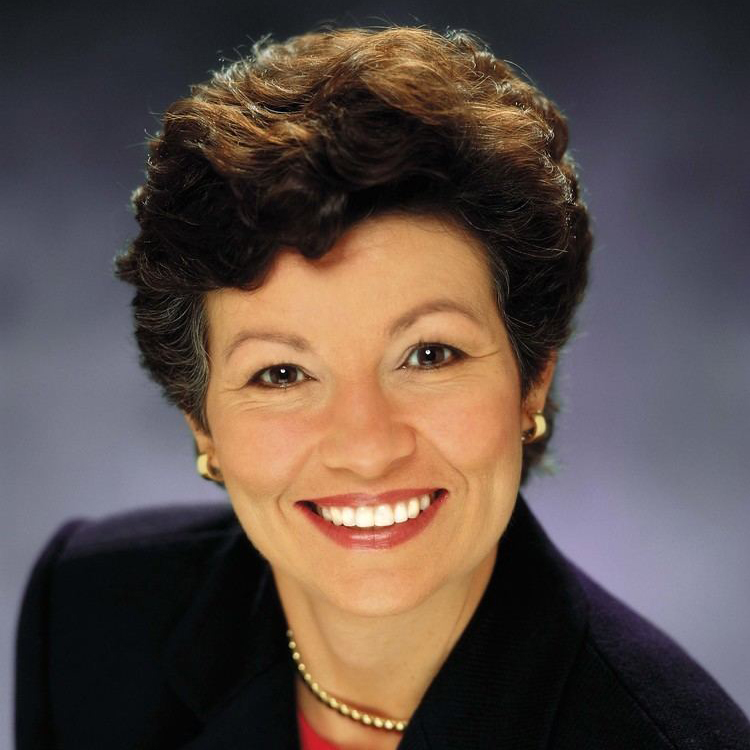
The Honorable Sara Martinez Tucker
Former Undersecretary of Education
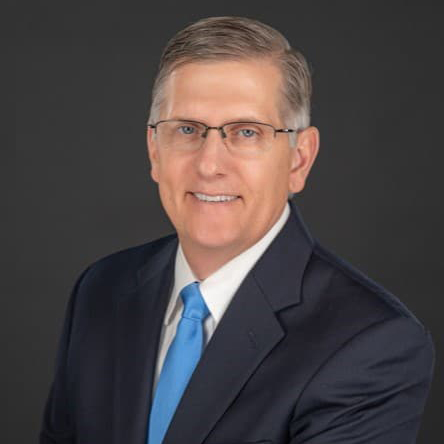 General Tim Ray, USAF (Ret.)
General Tim Ray, USAF (Ret.)Business Executives for National Security
President & Chief Executive Officer
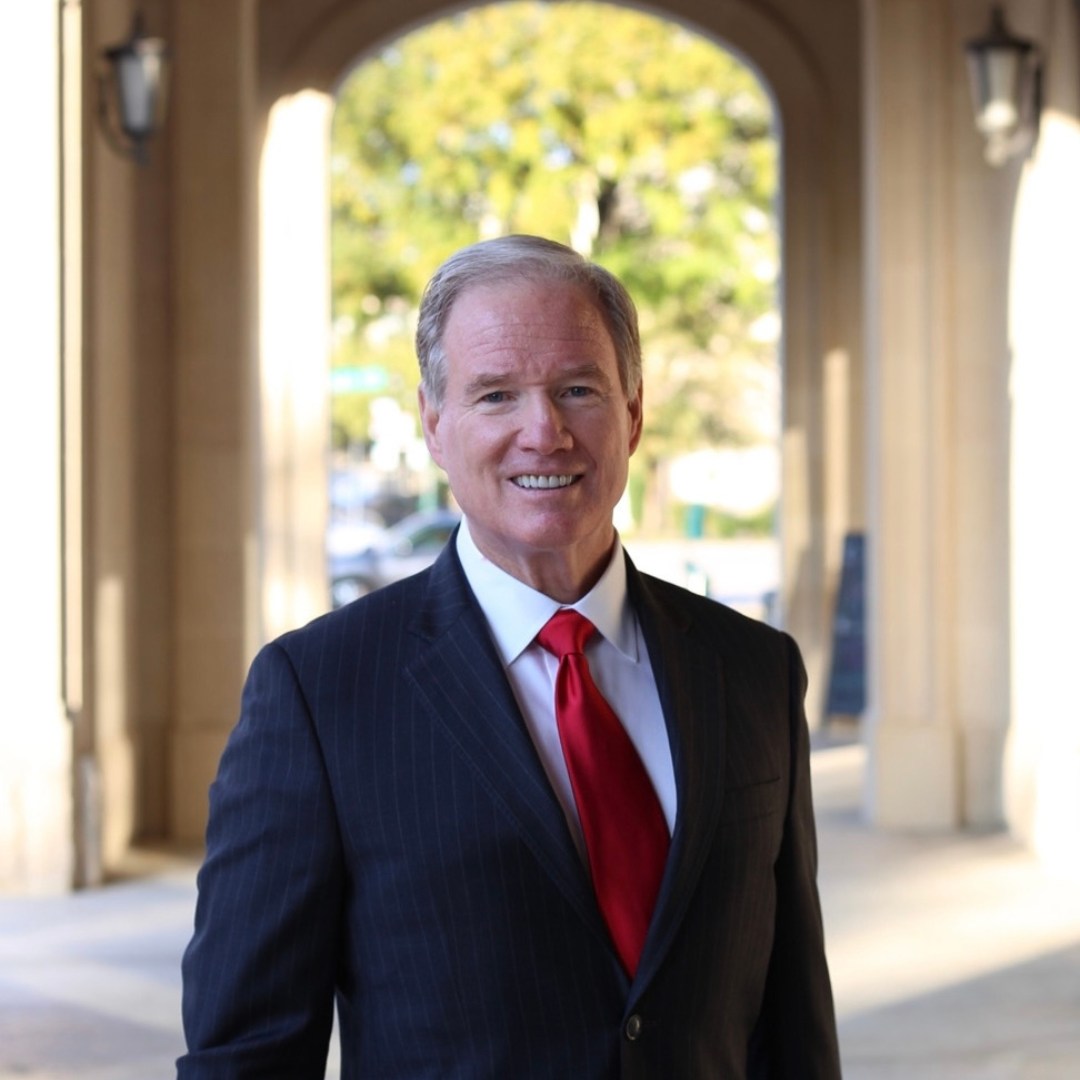 Adm. Patrick Walsh, Ph.D., USN (Ret.)
Adm. Patrick Walsh, Ph.D., USN (Ret.)Former Commander of the U.S. Pacific Fleet
President, Cristo Rey Dallas
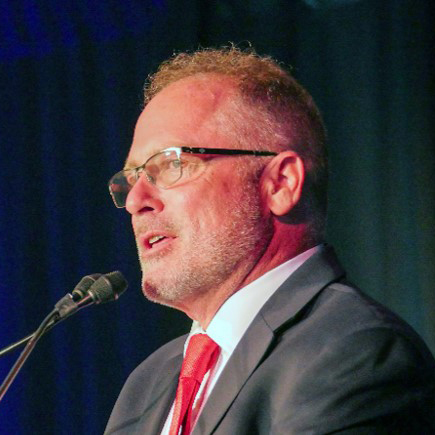 David Hamilton
David Hamilton
Executive Director and Faculty Director
National Security & Economic Strategy
David Hamilton is a National Security expert, economist, entrepreneur, operational excellence leader, community leader and management consultant with experience in Strategy, M&A, Reward Theory, Change Management and Organizational Development. He is the original proponent of integrating Lean and Six Sigma creating LSS. David advises Congressional leaders on government efficiency and effectiveness.
The America's Future Series, a non-partisan think-tank and speaker series he created in 2009, was founded with support from T. Boone Pickens, Ross Perot, Sr. Randall Stephenson and Herb Kelleher. It has hosted and honored over 1500 prominent industry, government, military, investment community, and academic leaders including multiple Chairmen of the Joint Chiefs, Sir Richard Branson, Jamie Dimon, Marillyn Hewson, Jeff Bezos and GEN Petraeus. To date, it has raised over $7,000,000 in donations and proceeds for worthy military causes.
David received his MBA from the University of Texas at Austin and studied both Business and Geology at Trinity University.
The initiative is grounded in five strategic focus areas:
- Defense capabilities
- High-impact research and innovation
- Trade and economic growth
- Advanced technology development
- Sound fiscal and governance policy
Through these pillars, the initiative supports the development of actionable solutions to pressing national and global challenges.
A Research and Policy Council, currently under formation, will be a hub for collaborative research and publication. Drawing on senior military officers, policymakers, academic scholars, and industry executives, the council will develop policy briefs, white papers, and journal articles that position UNT as a national thought leader in the security-economy nexus. Key research themes include domestic manufacturing, critical infrastructure, and U.S. supply chain resiliency. Together with the Presidential Advisory Council and an Executive Steering Group, these individuals shape the direction and impact of the initiative.
UNT intends to host marquee events featuring global experts and elevate the visibility of national security discourse in North Texas and beyond.
To advance workforce and leadership development, initiative leaders are planning a Certificate in National Security and Economic Strategy and Executive Education programs. Long-term plans include the creation of a dedicated degree pathway and enhanced research capacity to support federal and private sector partners.
As one of the fastest-growing Tier One research universities in the nation, UNT is committed to translating knowledge into impact. The National Security and Economic Strategy Initiative is central to this mission — aligning academic strength with national priorities and advancing the university’s role as a convener of ideas, innovation, and leadership.